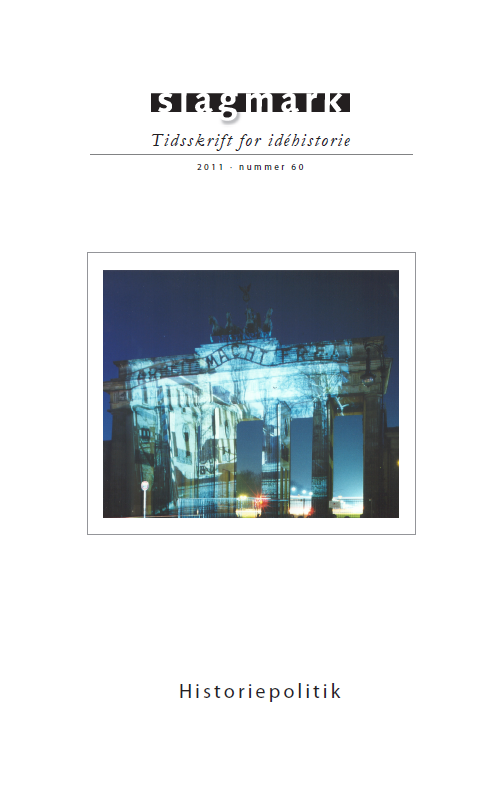Hvornår er sager om historiske uretfærdigheder forældede? – dynamikken mellem historieforståelse, erstatningskrav og retsopgør
DOI:
https://doi.org/10.7146/sl.v0i60.103988Keywords:
Reparations, Historical Injustices, Politics of Regret, Official Apologies, Slavery, Herero Genocide, Human Rights, Historical Responsibility, Politics of HistoryAbstract
The Durban Conference in 2011 brought international attention to the question of the descendants of victims of slavery and colonialism were entitled to reparations. Shortly after the Durban Conference several cases were filed in the USA by amongst other The Herero People Reparation Corporation claiming reparations from the German State for the Genocide on the Herero-people in 1904-07. These types of cases raise a host of complex questions – amongst others the question of when a historical injustice is too old to be subject for reparations. But as this paper explores the answer to this question depends not only on law but also the dominating politics of history, political will, and historical consciousness. A fact that might also have some influence on the Danish debate on reparations for slavery in the former Danish West-Indies.Downloads
Published
2018-03-09
How to Cite
Andersen, A. N. (2018). Hvornår er sager om historiske uretfærdigheder forældede? – dynamikken mellem historieforståelse, erstatningskrav og retsopgør. Slagmark - Tidsskrift for idéhistorie, (60), 53–67. https://doi.org/10.7146/sl.v0i60.103988
Issue
Section
Tema





